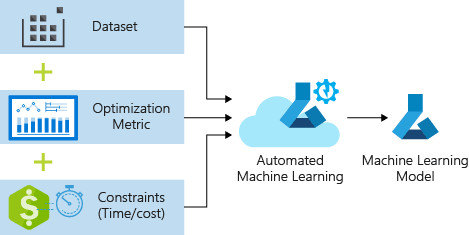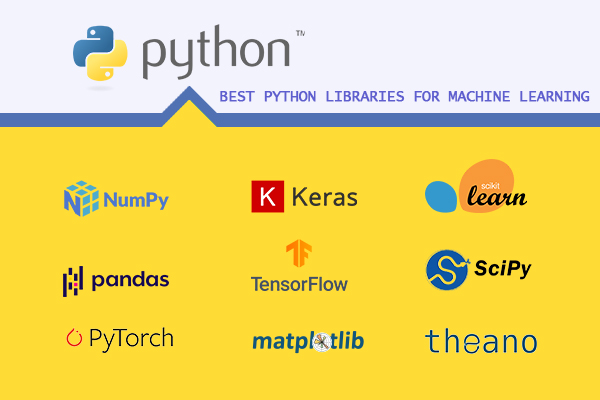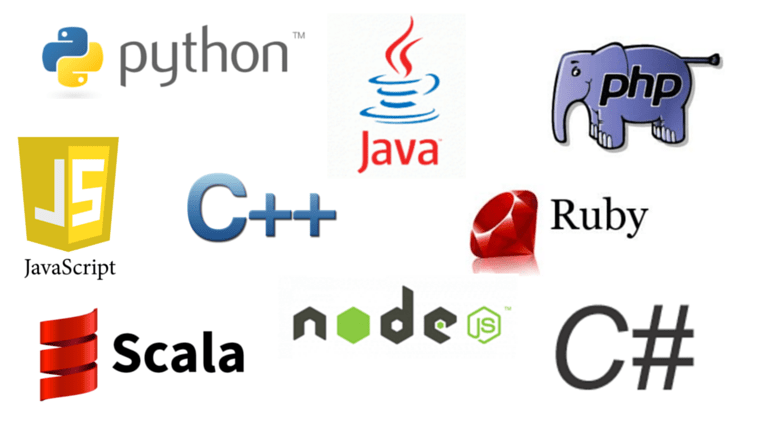1. Google Analytics
Google Analytics is a powerhouse tool for tracking website traffic, user behavior, and conversion metrics. It provides valuable insights into how visitors interact with your website, which pages are performing well, and where improvements can be made. With its robust reporting capabilities and customizable dashboards, Google Analytics empowers marketers to make data-driven decisions and optimize their online presence for maximum impact.
2. SEMrush
SEMrush is a comprehensive SEO tool that offers a wide range of features to improve search engine visibility and drive organic traffic. From keyword research and backlink analysis to site auditing and competitor research, SEMrush provides marketers with the insights and tools they need to enhance their websites search engine rankings and attract qualified leads. Additionally, its content marketing toolkit enables users to create and optimize content that resonates with their target audience.
3. Hootsuite
Hootsuite is a popular social media management platform that allows marketers to schedule posts, engage with followers, and monitor social media conversations from a single dashboard. With support for multiple social networks, advanced analytics, and team collaboration features, Hootsuite simplifies the process of managing social media campaigns and measuring their impact. By streamlining workflows and automating repetitive tasks, Hootsuite helps marketers save time and focus on creating compelling content.
4. Mailchimp
Mailchimp is an email marketing platform that enables marketers to create, send, and track email campaigns with ease. With its user-friendly interface and customizable templates, Mailchimp makes it simple to design professional-looking emails that resonate with your audience. Its advanced segmentation and personalization features allow marketers to tailor their messages based on customer behavior and preferences, resulting in higher open and click-through rates. Additionally, Mailchimps robust analytics provide valuable insights into campaign performance, enabling marketers to refine their strategies for maximum impact.
5. Buffer
Buffer is a social media scheduling tool that allows marketers to plan, publish, and analyze content across multiple social media platforms. With its intuitive interface and scheduling calendar, Buffer makes it easy to create a consistent posting schedule and maintain an active presence on social media. Its built-in analytics provide valuable insights into post performance and audience engagement, helping marketers optimize their social media strategy for better results. Additionally, Buffers collaboration features enable teams to work together seamlessly and coordinate their social media efforts effectively.
Leveraging Digital Marketing Training for Mastery
While these digital marketing tools offer immense potential, mastering them requires more than just access to the software. Thats where digital marketing training comes in. By enrolling in a comprehensive digital marketing training program, marketers can gain the knowledge, skills, and hands-on experience needed to harness the full capabilities of these tools and drive impactful results for their organizations. From learning best practices and industry trends to honing their analytical and strategic thinking abilities, digital marketing training empowers marketers to excel in todays competitive landscape.
In conclusion, these top five digital marketing tools represent just a glimpse of the vast toolkit available to todays marketers. By familiarizing themselves with these tools and undergoing digital marketing training to master their usage, marketers can unlock new opportunities, enhance their productivity, and drive meaningful results in their digital marketing endeavors. So, whether youre a seasoned marketer or just starting out, investing in digital marketing training and leveraging these essential tools can propel your career to new heights.
by Shabeena
























